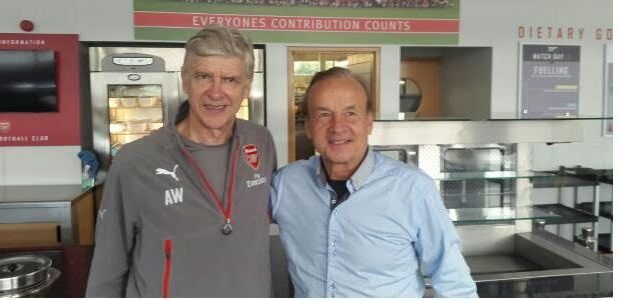TVC NEWS South Sudanese pro-government forces killed at least 114 civilians in and around
Yei town between July 2016 and January 2017, as well as committing uncounted rapes, looting and torture, the U.N. human rights office said on Friday.
“Attacks were committed with an alarming degree of brutality and, like elsewhere in the
country, appeared to have an ethnic dimension,” a report on the U.N. investigation said.
“These cases included attacks on funerals and indiscriminate shelling of civilians; cases of sexual violence perpetrated against women and girls, including those fleeing fighting; often committed in front of the victims’ families.”
Fighting flared when the Sudan People’s Liberation Army (SPLA), loyal to President Salva Kiir, pursued his rival and former deputy Riek Machar and a small band of followers as they fled from the capital Juba, southwest through Yei and into neighboring Congo.
The pursuit of Machar ushered in a particularly violent period in South Sudan’s Equatorias region, with multiple localized conflicts, particularly in Yei, the report said.
“In view of the restrictions of access faced by (the U.N.), the number of documented cases may only be a fraction of those actually committed. Some of the human rights violations and
abuses committed in and around Yei may amount to war crimes and/or crimes against humanity and warrant further investigation.”
South Sudan army spokesperson Col. Santo Domic Chol told reporters on Friday that the report was “baseless”.
“This is not the first time the U.N. has accused the SPLA and tried to portray us as enemies of the people,” he said.
“The SPLA is one of the biggest military institutions in the country and it accommodates people from different background and the whole SPLA cannot go out and rape citizens… so it has to be specific that we have seen two or three SPLA soldiers in such location committing such crimes,” he said.
Domic said President Kiir had given orders to all SPLA commanders in Yei to punish soldiers who commit gender-based violence.
South Sudan has been in chaos since Kiir and Machar’s rivalry first sparked a conflict in December 2013, with U.N. investigators finding gang rape on an “epic” scale, ethnic cleansing and, most recently, famine.
But Yei, a traditionally ethnically diverse area, had been largely peaceful, the report said. The town had an estimated population of 300,000 before the crisis began in July 2016, but 60-70 percent of the population had fled by September.
Civilians from Yei and other areas poured into Uganda, with 320,000 arriving as refugees by the end of 2016, 80 per cent of them women and children. About 180,000 more were registered in Uganda by the first week of February 2017.
Many people were trapped by the fighting, and others were attacked on the road as they tried to escape, but the SPLA helped ethnic Dinka civilians – the same ethnicity of President Kiir – to move to the capital, providing them with the use of military and civilian vehicles for transport.
Citing data from South Sudan’s Relief and Rehabilitation Commission, the report said 46,000 Dinka civilians, mainly from Yei town, had been registered in Juba by the end of 2016.
Violence has continued in the area, with rebel forces attacking Yei and killing at least four government soldiers earlier this week.





